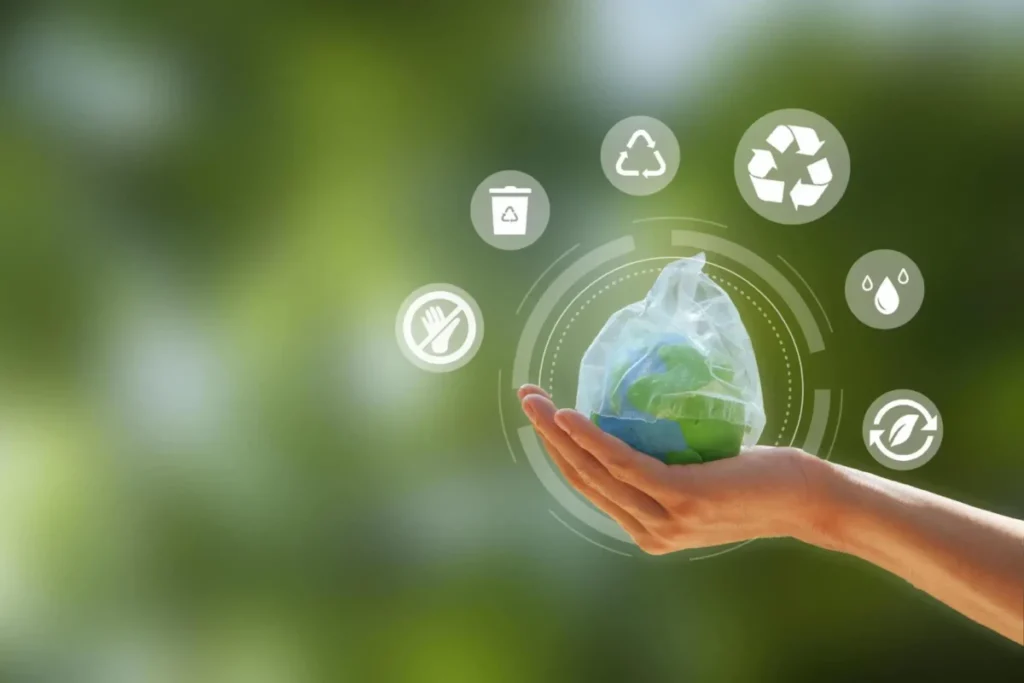Our planet is a beautiful and diverse place, with an incredible array of ecosystems that support all forms of life. However, in recent years, we have seen the devastating effects of human activity on our environment. From deforestation to pollution, our actions are taking a toll on the delicate balance of nature.
The concept of conservation has been around for centuries, but it is now more important than ever to take a conscious approach to preserving our environment. In this blog post, we will explore the idea of conscious conservation and its role in sustaining our planet for future generations.

What is Conscious Conservation?
Conscious conservation is a mindset that combines environmental awareness with responsible and sustainable actions. It goes beyond simply protecting nature and involves actively taking steps to minimize our impact on the environment.
This concept is rooted in the belief that humans are an integral part of the natural world, and we have a responsibility to coexist with other species and protect their habitats. It also recognizes that our actions have consequences, and it is up to us to make conscious choices that will benefit both ourselves and the planet.
Why is it Important?
Conscious conservation is vital for the sustainability of our planet. We only have one Earth, and we must ensure that it remains habitable for all living beings. By being mindful of our actions and their impact on the environment, we can prevent further damage and even start to reverse some of the harm that has been done.
Moreover, conscious conservation is essential for preserving biodiversity. With the rapid rate of climate change and habitat destruction, many species are facing extinction. By actively protecting their habitats and reducing our carbon footprint, we can help maintain the delicate balance of ecosystems and prevent any further loss of biodiversity.
How Can We Practice Conscious Conservation?
There are many ways in which we can incorporate conscious conservation into our daily lives. Here are some simple steps that we can all take:
- Reduce, Reuse, and Recycle: This mantra has been around for a while, but it is still one of the most effective ways to minimize our impact on the environment. By reducing our consumption and reusing items whenever possible, we can decrease the amount of waste we produce. Recycling also helps to conserve natural resources and reduce pollution.
- Conserve Energy: Our energy consumption has a direct effect on the environment, particularly in terms of greenhouse gas emissions. By being mindful of our energy use and opting for renewable sources whenever possible, we can reduce our carbon footprint and contribute to a healthier planet.
- Support Sustainable Practices: As consumers, we have the power to make a positive impact on our environment by choosing to support sustainably produced and sourced products. Whether it’s the food we eat, the clothes we wear, or the household items we buy, we can make a conscious effort to choose companies that prioritize sustainable practices. By doing so, we not only reduce our carbon footprint but also help drive change towards a more environmentally conscious industry. From implementing wastewater treatment plant design to reducing waste and using renewable energy sources, these companies are leading the way toward a more sustainable future.
- Educate Ourselves and Others: It is essential to stay informed about environmental issues and share our knowledge with others. By educating ourselves and those around us, we can raise awareness and inspire others to take action.
- Get Involved: Participating in environmental initiatives and volunteering with conservation organizations is a great way to actively contribute to preserving our environment. There are many opportunities to get involved locally, such as beach cleanups or tree-planting events.
The Benefits of Conscious Conservation
Aside from the obvious benefit of sustaining our environment for future generations, conscious conservation also has other positive impacts:
- Improved Health: By reducing pollution and conserving natural resources, we can improve our overall health and well-being. This includes cleaner air, water, and food sources.
- Economic Benefits: Adopting sustainable practices can also bring economic benefits. For example, investing in renewable energy sources reduces our reliance on fossil fuels and creates new job opportunities.
- Personal Fulfillment: Taking an active role in conscious conservation can bring a sense of purpose and fulfillment. Knowing that we are contributing to something greater than ourselves can have a positive impact on our mental and emotional well-being.
In Conclusion
Conscious conservation is not just about protecting the environment; it is about creating a sustainable future for all living beings on our planet. By adopting this mindset and making conscious choices, we can work towards a greener and healthier world. Let’s all do our part in sustaining our environment for generations to come.
So, let’s start by taking small steps every day, educating ourselves and others, and supporting organizations that are working towards conservation efforts. Together, we can make a difference and ensure that the beauty and diversity of our planet will be preserved for years to come. Remember, it’s not just about the environment; it’s about our future.






